Services
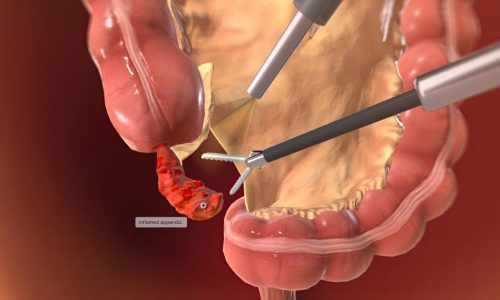
Appendicitis
Appendicitis is the inflammation of the appendix, a small pouch attached to the large intestine. It typically causes severe abdominal pain, often starting around the navel and moving to the lower right abdomen. Other symptoms include fever, nausea, and vomiting. Immediate medical attention is crucial as untreated appendicitis can lead to a ruptured appendix, causing serious complications. Treatment usually involves surgical removal of the appendix (appendectomy).

Hernias
Hernias occur when an organ or tissue pushes through a weak spot in the surrounding muscle or connective tissue, commonly in the abdomen. Symptoms include a noticeable bulge, pain, and discomfort, especially when lifting or bending. Types include inguinal, ventral, and umbilical hernias. Treatment often involves surgical repair to prevent complications like strangulation, where blood flow to the herniated tissue is cut off, leading to severe health risks.
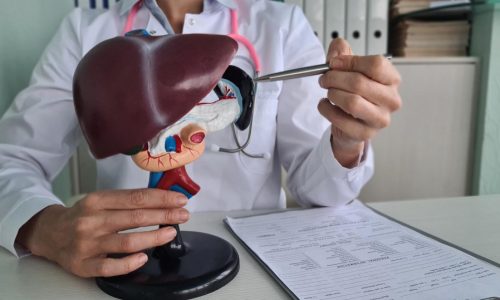
Cholecystitis
Cholecystitis is the inflammation of the gallbladder, often caused by gallstones blocking the bile ducts. Symptoms include severe abdominal pain, particularly in the upper right side, fever, nausea, and vomiting. Without prompt treatment, it can lead to serious complications such as gallbladder rupture or infection spreading to other parts of the body. Treatment typically involves antibiotics and may require surgical removal of the gallbladder (cholecystectomy).
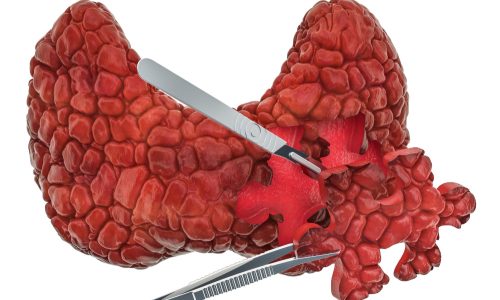
Thyroid Surgery
Thyroid surgery, or thyroidectomy, involves the partial or complete removal of the thyroid gland. It's commonly performed to treat conditions such as thyroid cancer, large goiters, or hyperthyroidism. Symptoms necessitating surgery include difficulty swallowing, breathing issues, and hormonal imbalances. The procedure can alleviate symptoms and prevent further complications. Post-surgery, patients may require thyroid hormone replacement therapy to maintain normal metabolic.
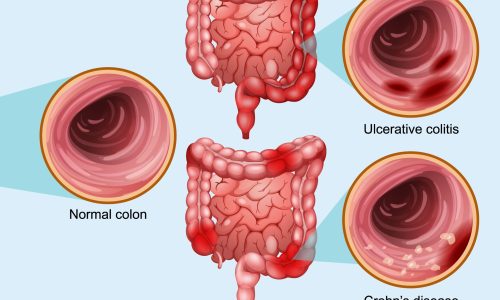
Colorectal Surgery
Colorectal surgery involves surgical procedures on the colon, rectum, or anus to treat conditions such as colorectal cancer, diverticulitis, inflammatory bowel disease, and severe hemorrhoids. Symptoms prompting surgery include persistent pain, bleeding, and bowel obstruction. The surgery aims to remove diseased sections and restore normal bowel function. Minimally invasive techniques like laparoscopy are often used, promoting faster recovery and reduced postoperative discomfort.
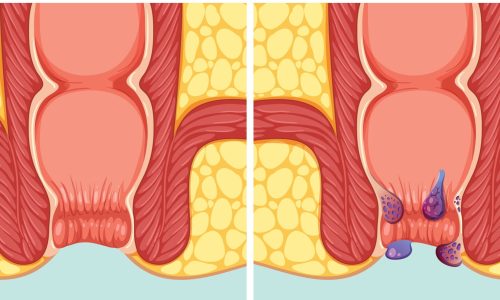
Piles
Piles, also known as hemorrhoids, are swollen veins in the rectum or anus, often causing discomfort, itching, and bleeding during bowel movements. They can result from straining during bowel movements, obesity, or pregnancy. Treatment options include dietary changes, topical creams, and minimally invasive procedures like rubber band ligation or sclerotherapy. In severe cases, surgical removal of hemorrhoids may be necessary to alleviate symptoms and prevent complications.

